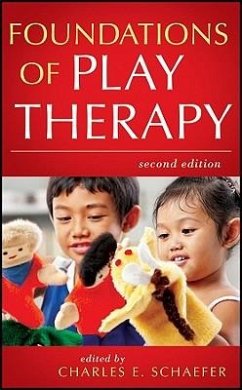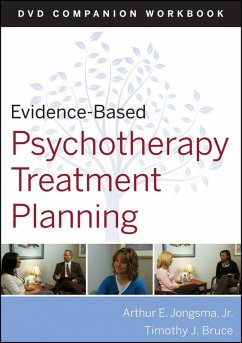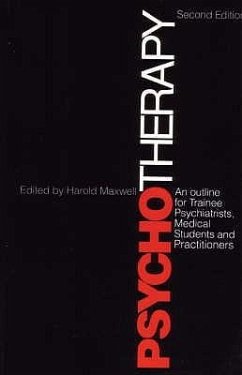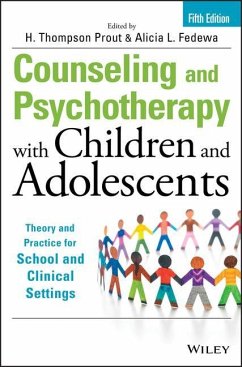
Foundations of Counseling and Psychotherapy
Evidence-Based Practices for a Diverse Society
Versandkostenfrei!
Versandfertig in über 4 Wochen
101,99 €
inkl. MwSt.
Weitere Ausgaben:

PAYBACK Punkte
51 °P sammeln!
A provocative and contemporary exploration of counseling theories The drive toward evidence-based practices--and the related debate among practitioners--has translated into a time of significant change in the fields of counseling, psychotherapy, and social work--with an evolution underway that is significantly shifting the practice of counseling and psychotherapy. Foundations of Counseling and Psychotherapy: Evidence-Based Practices for a Diverse Society provides an overview of the most prevalent theories of counseling within the context of a scientific model that is both practical and up-to-d...
A provocative and contemporary exploration of counseling theories The drive toward evidence-based practices--and the related debate among practitioners--has translated into a time of significant change in the fields of counseling, psychotherapy, and social work--with an evolution underway that is significantly shifting the practice of counseling and psychotherapy. Foundations of Counseling and Psychotherapy: Evidence-Based Practices for a Diverse Society provides an overview of the most prevalent theories of counseling within the context of a scientific model that is both practical and up-to-date. Employing a scientist-practitioner model, with an emphasis on connecting theory with empirically supported therapies, and a strong diversity and contextual perspective, this text prepares readers with a solid sense of how the various therapeutic approaches differ--and how each can be applied in clinical practice. Authors David Sue and Diane Sue provide readers with the best practice strategies for working effectively with clients using an approach that recognizes and utilizes each client's unique strengths, values, belief systems, and environment to effect positive change. Highlights include: * Unique conceptual framework recognizing individual diversity and the need to consider individual variables when applying specific theoretical models and counseling strategies * Integrates theory with intervention and discusses research findings, critical thinking, and evidence-based practice guidelines * Covers special topics not covered in other texts, including crisis, suicide, violence assessment, and psychopharmacology * Combines theory and research with hands-on therapeutic skills training, covering intake interviews, assessment, diagnosis, and treatment * Filled with numerous case studies, self-assessment and critical thinking examples, this thought-provoking text skillfully equips students and practitioners with the tools to feel confident in the use of empirically supported techniques in the practice of counseling and psychotherapy.












